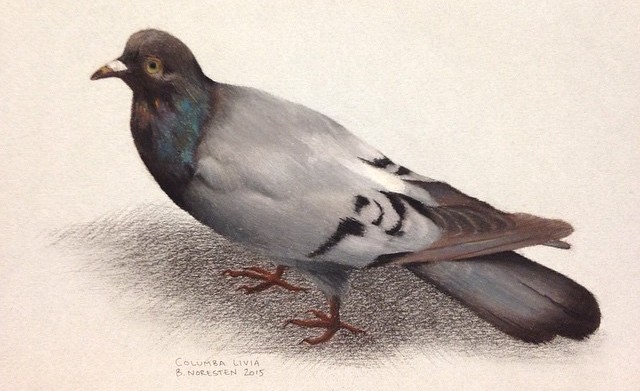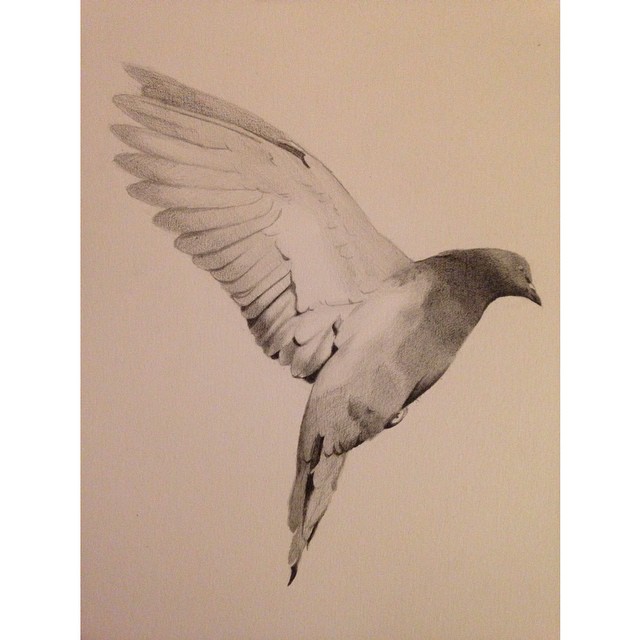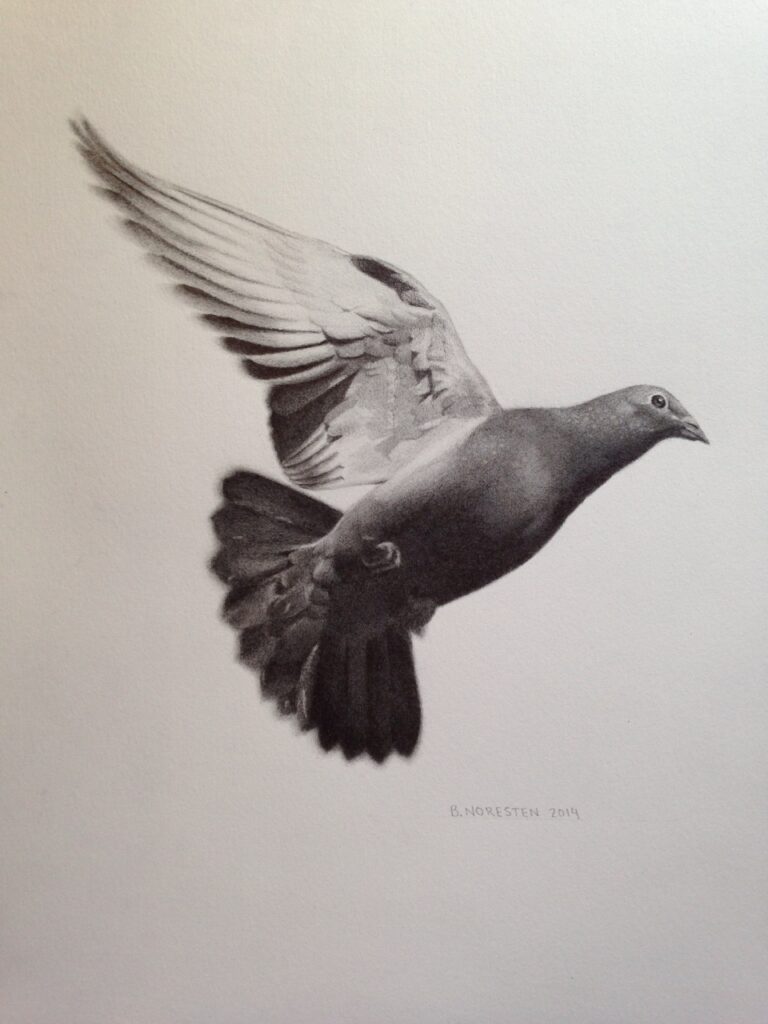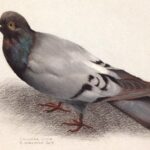The River Phoenix
Another Evocative Story By Mark Stewart
The River Phoenix – She hobbled along the pavement, her limping gait unnoticed by those she shared the side walk with. She was ashamed of the leprous tumour on her foot, of the disfigurement which set her apart from everyone else. Instinctively she knew the deformity, swollen and gnarled, would never heal; the cancer had penetrated too far, like an invasive root; and besides medical treatment simply wasn’t available.
Mark Stewart
Even in the crowded city she lived the life of an outsider, shunned by the busy multitude. There were no shelters she might have gone to for a night’s rest, nowhere that might have provided a break from the ever present dangers that the streets obliged her to contend with. She scavenged for food wherever she could find it. In the summer she searched for shade, in the winter for warmth; both were equally scarce.
She was used to being kicked, swatted away and spat at. She had seen others of her kind, too many to number, die beneath all manner of wheels, or simply collapse from hunger never to get up again. She had suffered the worst fate that can befall any parent and had outlived her children, both of whom had died from disease and pollution long before they had learnt how to fly.
Hers was a life lived at the very margins of the city – in gutters and on rooftops, on railings and on girders, each offering a precarious perch, a momentary respite from the never ending hunt for a safe place to rest. A grainy soot had long ago covered her wings and settled in her lungs; it stung her eyes and found its way between her feathers, a corrosive cloying presence as permanent and inescapable as the tumour had become.
She lived in a grey world devoid of colour. Even the great river, around which the city had formed like a malignant coral, was the colour of ash, as if it too were made of sullen clouds. The city’s smog hid the sky from view, the incessant fumes that issued from exhausts, chimneys and boilers depriving her even of that transient solace.
She might have lived a little longer had it not been for the wheels of the buggy that had crushed one of her wings. She had been pulled from beneath the contraption by the buggy’s owner, who had quickly tossed her aside. “Urgh! Dirty thing! Such a nuisance.” She could still feel the woman’s contempt and her cold fingers, which she’d wiped quickly on her coat after she’d tossed the pest away.
Now, weary and unable to go any further, she slumped to the pavement and closed her eyes. The sounds of the city faded and for a moment there was nothing. Then a stray shaft of sunlight fell upon her body and she heard the sound of leaves moving upon a bough, or rather upon a multiplicity of boughs, so many that it sounded as if the sea were nearby. A quiet tin-tabulation reached the thin membrane of her inner ear – the sound of her avian cousins celebrating the joy of being alive.
She didn’t need to open her eyes to see the unsullied sky, to know that its blue vaults lay above her, a cathedral space that reached to the very edge of the atmosphere. Her outstretched wings quickly caught the ascending currents, carrying her back to the nest where her chicks waited to be fed. At the top of the tree she found herself surrounded by a display of multifoliate greens, by every permutation that chlorophyll can conjure.
After she had calmed her offspring, she returned her gaze to the sanctuary wood. Below her a clear stream traced a path through a water meadow. As if obeying some ancient law of alchemy the water seemed to perform its own version of photosynthesis, transforming the elemental properties of sunlight into submerged ingots of gold, the transmuted photons gleaming on the river bed, each a miniature reflection of the distant sun. It was a treasure that no city banker would ever be able to plunder. At noon, the reflected light transfigured the entire wood, turning each trunk into a pillar of fire, and each of its winged denizens into a phoenix.
She shook her wings, which caught the light, casting their own iridescence upon the air. Her foot no longer hurt and when she glanced down she saw that it was once again whole and complete. In time, the dusk came and went while she settled in to sleep beside her dozing chicks. For the first time in her life, she was no longer afraid of the coming dawn.
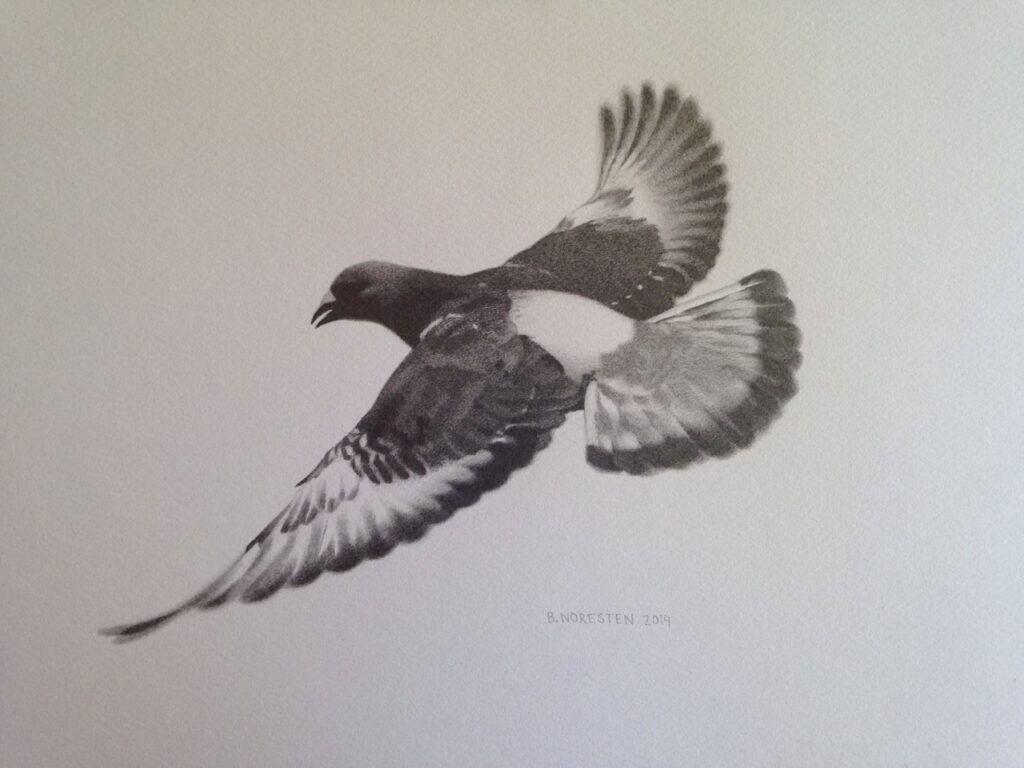
In the city, on one of its many streets, no one saw the body of the pigeon as it was swept up by the rotating brushes at the front of the dust truck. No one saw it disappear from view, just as no one had noticed the bird while she had been alive.
Mark Stewart
June 2015
For similar stories please visit: https://www.facebook.com/thescreamingplanet
Artist illustrations by kind permission of Britta Noresten:

